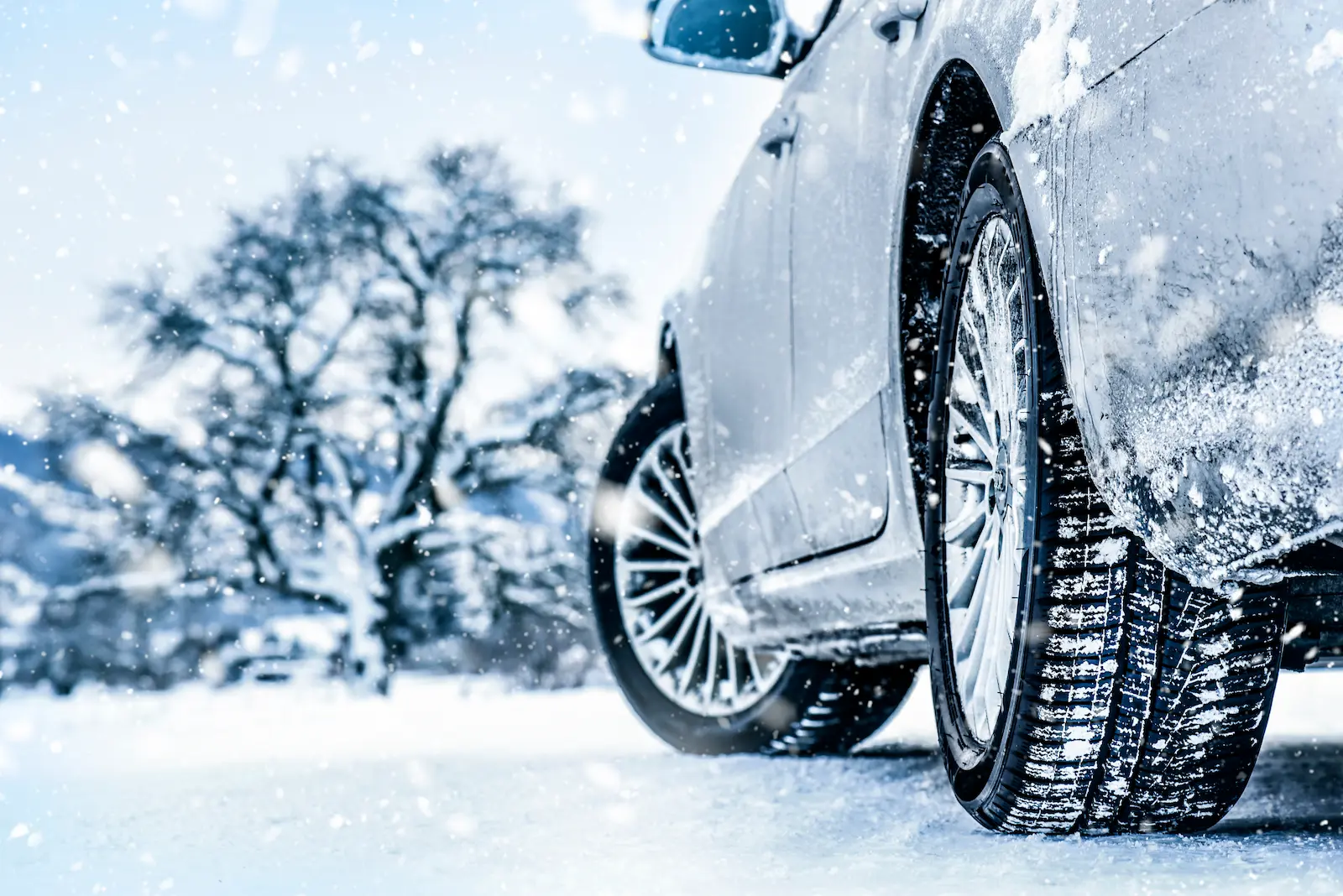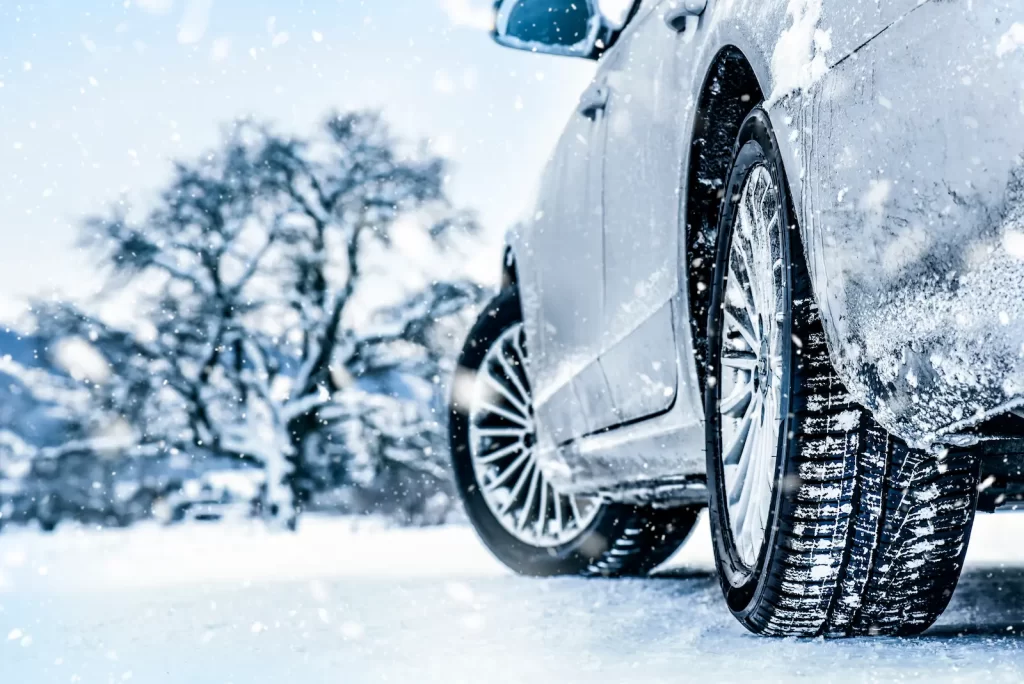Winter Driving Safety Tips: How to Avoid Car Accidents
Schedule a Free Consultation
Winter brings not just a drop in temperature, but also a rise in driving challenges. Snowy and icy road conditions can lead to dangerous situations, making it crucial for drivers to adapt their habits for winter safety. In this post, we’ll explore essential tips to help you navigate winter roads and avoid car accidents.
1. Prepare Your Vehicle for Winter
Before the cold sets in, ensure your vehicle is ready for winter conditions:
- Check Your Tires: Make sure your tires have enough tread and are properly inflated. Consider winter tires for better traction.
- Battery Check: Cold weather can drain your battery faster. Ensure it’s in good working condition.
- Lights and Wipers: Ensure all lights are working and replace wiper blades if necessary for better visibility.
2. Slow Down and Increase Driving Distance
Speed is a significant factor in winter accidents. Drive slowly to account for lower traction on icy or snowy roads. Increasing your distance from others gives you more time to react if you or the car in front of you loses control.
3. Beware of Black Ice
Black ice is thin and nearly invisible, making it one of winter’s biggest driving hazards. It tends to form on shaded areas of the road, bridges, and overpasses. If you hit black ice, don’t panic. Keep your steering wheel straight and gently lift your foot off the accelerator.
4. Avoid Sudden Maneuvers
Abrupt actions can lead to loss of control. Avoid sudden steering, braking, or accelerating. If you need to slow down, do so gradually. If your car begins to skid, steer gently in the direction you want to go.
5. Use Your Lights Wisely
With shorter days and less visibility, using your headlights even during the day can help other drivers see you. However, be mindful not to use high beams in fog or heavy snow as they can reflect off the precipitation and impair visibility further.
6. Keep a Safe Distance from Snow Plows
Snow plows and salt trucks need ample space to operate. Don’t tailgate them, and avoid overtaking these vehicles since the road in front of them is likely worse than the road behind.
7. Pack an Emergency Kit
Prepare for the unexpected by keeping an emergency kit in your car, including items like blankets, a flashlight, a first-aid kit, water, and non-perishable snacks.
8. Stay Informed About Weather Conditions
Before heading out, check the weather forecast. If conditions are bad, consider if your journey is essential or if it can be postponed.
9. Practice Winter Driving
If you’re not confident about driving in winter conditions, practice in a safe, open location. Learn how your car responds to skids and braking on slippery surfaces.
Conclusion
Winter driving demands extra caution and preparation. By following these tips, you can significantly reduce the risk of accidents during the colder months. Remember, the key to safe winter driving is not just about how you drive, but also about ensuring your vehicle is properly equipped and maintained for the challenges of the season. Stay safe and stay warm!
Need Legal Assistance After a Winter Car Accident? Contact Brach Eichler Injury Lawyers
If you find yourself facing legal questions following a winter car accident, don’t navigate these icy waters alone. Brach Eichler Injury Lawyers are here to provide expert guidance and support. Whether you’re dealing with insurance claims, seeking compensation for damages, or just need advice on your next steps, our experienced team is ready to assist you. Don’t let the aftermath of a winter accident overwhelm you. Reach out to us for help. Visit Brach Eichler Injury Lawyers for more information on how to get in touch. Your safety and peace of mind are our top priorities.
Related posts
Navigating Insurance Claims for Winter Car Accidents
What to Do If You’re Involved in a Winter Car Accident
Essential Emergency Kit for Winter Driving
Written by: Brach Eichler Injury Lawyers Last Updated : February 6, 2024
If you have been injured in an accident, call us! We are here for you 24 hours a day. The consultation is free. You will not pay any fees unless we win your case, because here at Brach Eichler Injury Lawyers, it is all about getting results for you.


 >
>












